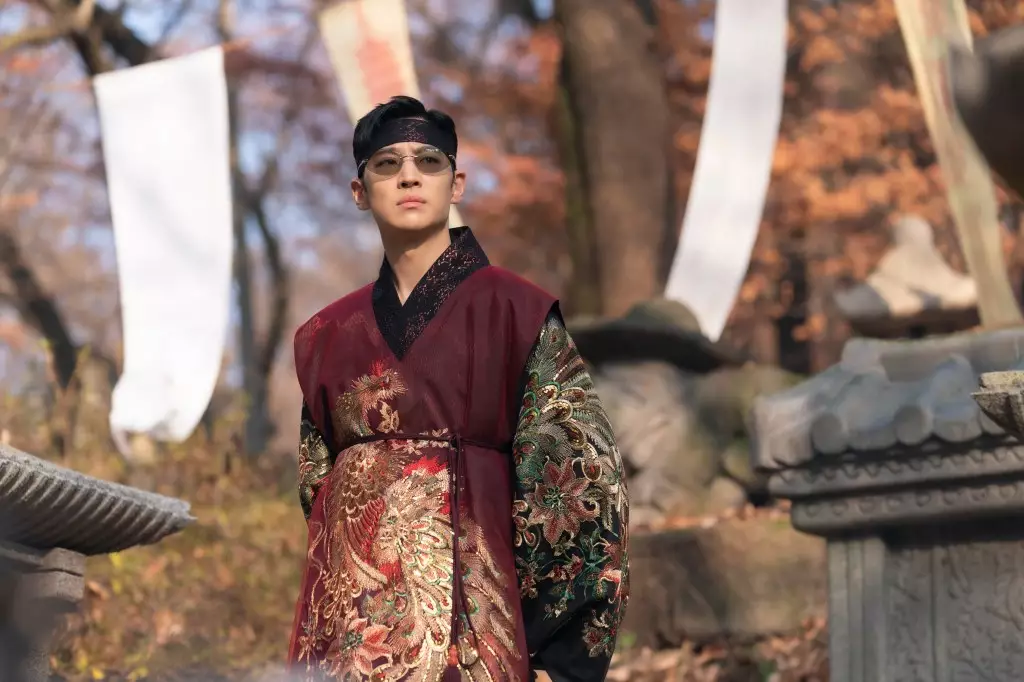The anticipation surrounding the upcoming third season of the hit series “Taxi Driver” is palpable, especially among fans who have followed its unique narrative arc since its debut in 2021. Produced through a strategic collaboration between OTT platform Viu and the renowned Korean network SBS, the new season is set to release in the fourth quarter of this year, igniting excitement across the global streaming landscape. The series, which has redefined the revenge thriller genre in Korean drama, continues to build momentum as it attracts avid viewers eager for more gripping storylines and complex characters.
A Stellar Cast and Fiery Returning Roles
Lee Je-hoon, who has captivated audiences with his multifaceted portrayal of Kim Do-gi, is reprising his role as the brilliant yet tormented vigilante. This character navigates a turbulent world filled with corruption and moral ambiguity while seeking justice for the wronged. Accompanying him in the cast are Kim Eui-sung, Pyo Ye-jin, Jang Hyuk-jin, and Bae Yoo-ram, each of whom contributes to the show’s rich tapestry of personalities and conflicts. Their combined talents ensure that Season 3 of “Taxi Driver” will not only meet the high standards set by its predecessors but possibly elevate them.
Adding a fresh twist to the series is Hong Kong singer-actor Edan Lui, known for his work with the boy group Mirror, who makes his much-anticipated K-drama debut. His character promises to forge an unpredictable alliance with the protagonist, adding layers of intrigue and unpredictability to the already fraught narrative. Such casting choices reflect a well-considered strategy to appeal to both regional and international audiences, merging different cultural backgrounds in a way that enriches the storyline.
The Legacy of Adaptation and Original Content
“Taxi Driver” draws its inspiration from the webtoon “Red Cage,” establishing a strong connection with its source material while exploring themes that resonate widely in contemporary society. Audiences are drawn not just to the action-packed sequences but to the underlying commentary on justice, morality, and the human condition. This unique blend of thrilling narrative and ethical dilemmas has made it one of SBS’s top performers, and the expectations for the third season remain extraordinarily high.
Moreover, the strategic release of content on Viu highlights the shift towards platform-based viewing, allowing for global accessibility that was previously unattainable. It reflects a calculated move in the competitive world of OTT streaming, demonstrating an awareness of both local tastes and global trends. The anticipation surrounding this third season encapsulates a growing trend of cultural exchange through media, allowing previously niche content to gain international acclaim.
A Diverse Slate for Global Audiences
In addition to “Taxi Driver 3,” Viu’s Q3 slate is equally impressive, planned to include Korean romantic dramas such as “My Youth,” featuring the acclaimed Song Joong-ki. This diverse array of titles illustrates Viu’s commitment to a holistic storytelling approach, enriching its catalog with a mixture of genres that appeal to broad demographics. Furthermore, upcoming Chinese and Indonesian titles exemplify a proactive investment in regional content, ensuring a wide variety of narratives reach audiences hungry for quality storytelling.
Janice Lee, CEO of Viu, emphatically emphasized this commitment to globally resonant storytelling and cultural richness. This acknowledgment of local narratives with cross-border appeal signifies a progressive approach to media production, one that values authenticity while reaching for international horizons. Such endeavors foster a hyper-connected cultural landscape where narratives can traverse geographic boundaries, creating a shared experience among diverse viewers.
The Future: Building Bridges Through Storytelling
As Viu prepares for the release of “Taxi Driver 3,” the excitement serves as a reminder of the evolving landscape of entertainment. Collaborations with international studios, as noted by both Park Jeong-hoon of SBS and Janice Lee, highlight a future in media where cross-cultural partnerships can yield compelling content. The vision extends beyond mere entertainment; it aims to foster understanding and appreciation of different cultures through storytelling. As the series and other projects roll out, audiences should anticipate not just entertainment but an enriching experience that explores the depth of cultural narratives and human emotions.
